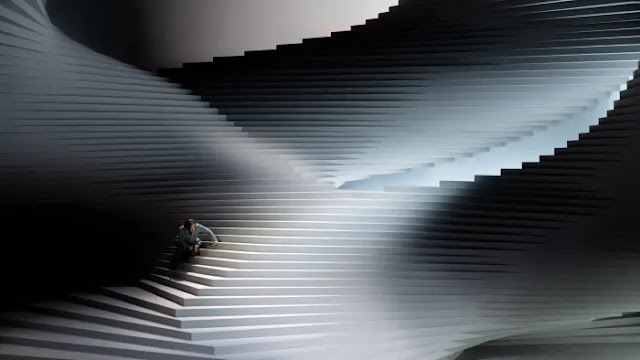Santa Fe Opera Cancelled
- Gioachino Rossini The Barber of Seville
- Wolfgang Amadeus Mozart The Magic Flute
- Richard Wagner Tristan und Isolde
- Antonín Dvořák Rusalka
- Huang Ruo M. Butterfly (new opera)
Salzburg Whitsun Cancelled
- Gaetano Donizetti Don Pasquale (and main festival, Cecilia Bartoli)
- Hector Berlioz
Orphée (the usual Berlioz arrangement of Gluck, here attributed to Berlioz.)
- Wolfgang Amadeus Mozart Cosi fan Tutte
- Richard Strauss Elektra
- Vienna Phil 4 concerts
- Guest orchestras 4 concerts
- Netrebko/Eyvasov concert
- Concert with Bartoli
- Yoncheva concert
- Florez concert
- Igor Levit plays all Piano Sonatas by Beethoven.
- And more things
Aix-en-Provence Festival Cancelled
- Giacomo Puccini Tosca Angel Blue is Tosca
- Wolfgang Rihm Jakob Lenz
- Adam Maor The Sleeping Thousand World Premier
- Kurt Weill The Rise and Fall of the City of Mahagonny with Karita Mattila
- Michel van der Aa Blank Out French Premier
Glyndebourne Festival Cancelled
- Francis Poulenc Dialogues des Carmélites with Danielle de Niese streamed
- Gaetano Donizetti L’elisir d’amore
- George Frideric Handel
Alcina streamed
- Wolfgang Amadeus Mozart
Die Entführung aus dem Serail with Lisette Oropesa
- Ludwig van Beethoven Fidelio
- Igor Stravinsky
The Rake’s Progress, streamed
Munich Opera Festival Cancelled
- Richard Wagner Die Meistersinger von Nürnberg with Koch, Kaufmann
- Hans Abrahamson The Snow Queen
- Giuseppe Verdi Nabucco
- Giuseppe Verdi Rigoletto with Calleja, Keenlyside
- Joseph Haydn Orlando Paladino
- Giacomo Puccini La Boheme
- Peter Tchaikovsky Eugene Onegin
- Erich Korngold Die tote Stadt with Kaufmann, Peterson
- Giuseppe Verdi Otello with Kunde, Harteros
- Giuseppe Verdi Falstaff with Koch, Kurzak streamed
- Giacomo Puccini Tosca
- Giuseppe Verdi I Masnadieri with Damrau, Castronuovo
- Jean-Philippe Rameau Castor et Pollux streamed
- Béla Bartók Bluebeard's Castle
- Georges Bizet Carmen
- Johann Strauss II Die Fledermaus
- Tobias Picker & Aryeh Lev Stollman Awakenings
- Carlysle Floyd Susannah
- Leoš Janáček Katya Kabanova
- Kevin Puts and Mark Campbell Elizabeth Cree
- Francesco Cavalli Eliogabolo
Glimmerglass Cancelled
- Rogers The Sound of Music with Leonard!, Burden
- Wagner Die Feen
- Handel Rinaldo
- Mozart Don Giovanni
- Mozart Cosi fan Tutte
Chorégies d'Orange Cancelled
- Saint-Saëns Samson et Dalila
- Viaggio italiano Song Recital with Cecilia Bartoli 24/07/2020
- Verdi La forza del destino




















